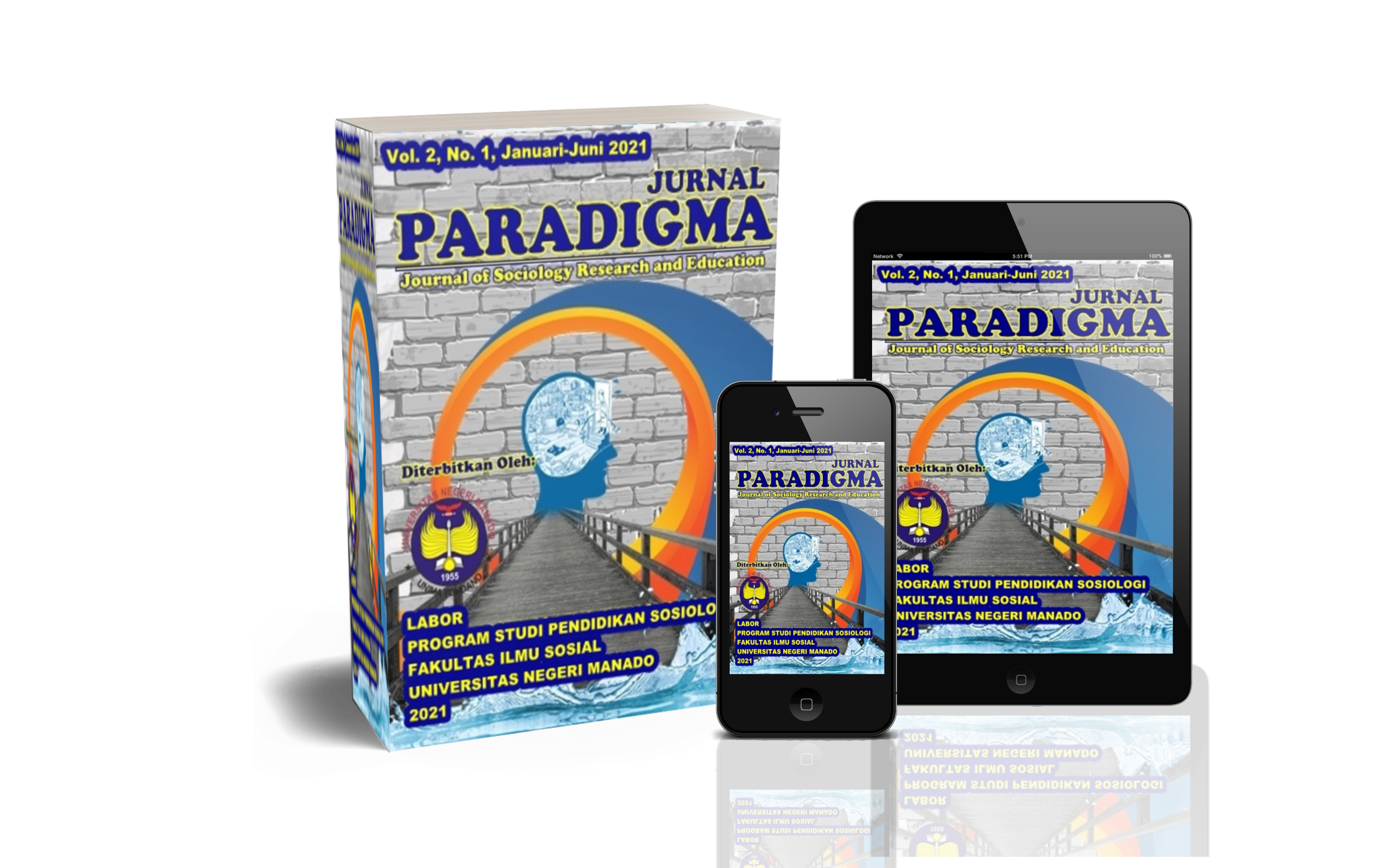PENGELOLAAN AIR BERSIH DI DESA BANTANE KECAMATAN RAINIS KABUPATEN TALAUD
DOI:
https://doi.org/10.53682/jpjsre.v2i1.1321Keywords:
clean water managementAbstract
The problem in the research i did was about the allocation of water to various sector in order to get optimal social benefits the long queues of commonity members when queuing to take water became a phenomenon that is seen every day in bantane village the village goverment has not made any efforts to date deal with this in this study using qualitative research methods with data collectoin techniques participant observation and interviews and based on the result of the study it was found that the management of clean water in bantane village has been an obstacle so far because of the nature of the people who do not take care and always put their own interests and trouble other residents namely destroying public facilities for private use and the government has allowed this for years and is not repaired for reasons of non existent funding so that every community has problems with clean water the village government often does no care or find a solution regarding this for some members of the community thare is no difference in clean water when it is processed by the community and when it is processed by the government < p>
References
Milles dan Huberman Analisis Data Kualitatif Jakarta: Universitas Indonesia Press 1992
Ritzer George Douglas J Goodman 2007 Teori Sosiologi Modern Jakarta : Kencana Predana Media Group
Sugiyono 2011 Metode Penelitian Kuantitatif Kualitatif dan R D Bandung: Afabeta
Sugiyono 2008 Metode Penelitian Pendekatan Kuantitatif Kualitatif dan R D Bandung: Alfabeta















